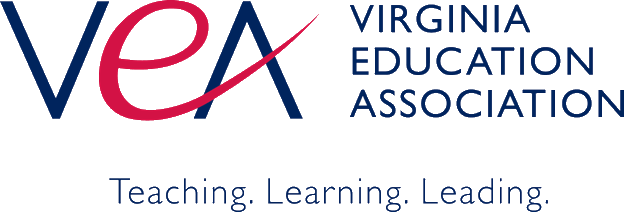DescriptionThis stack of 6 micro-credentials was created to support ongoing teacher effectiveness to ensure students reach college and career ready standards by practicing and internalizing the 5 C’s as they learn content. Virginia’s 5 C’s include Critical Thinking Skills, Collaboration Skills, Communication Skills, Creative Thinking Skills, and Citizenship Skills. A Virginia graduate will achieve and apply academic and technical knowledge; demonstrate workplace skills, qualities, and behaviors; build connections and value interactions with others as a responsible and responsive citizen; and align knowledge, skills & personal interests with career opportunities.
Virginia is for Learners Site
